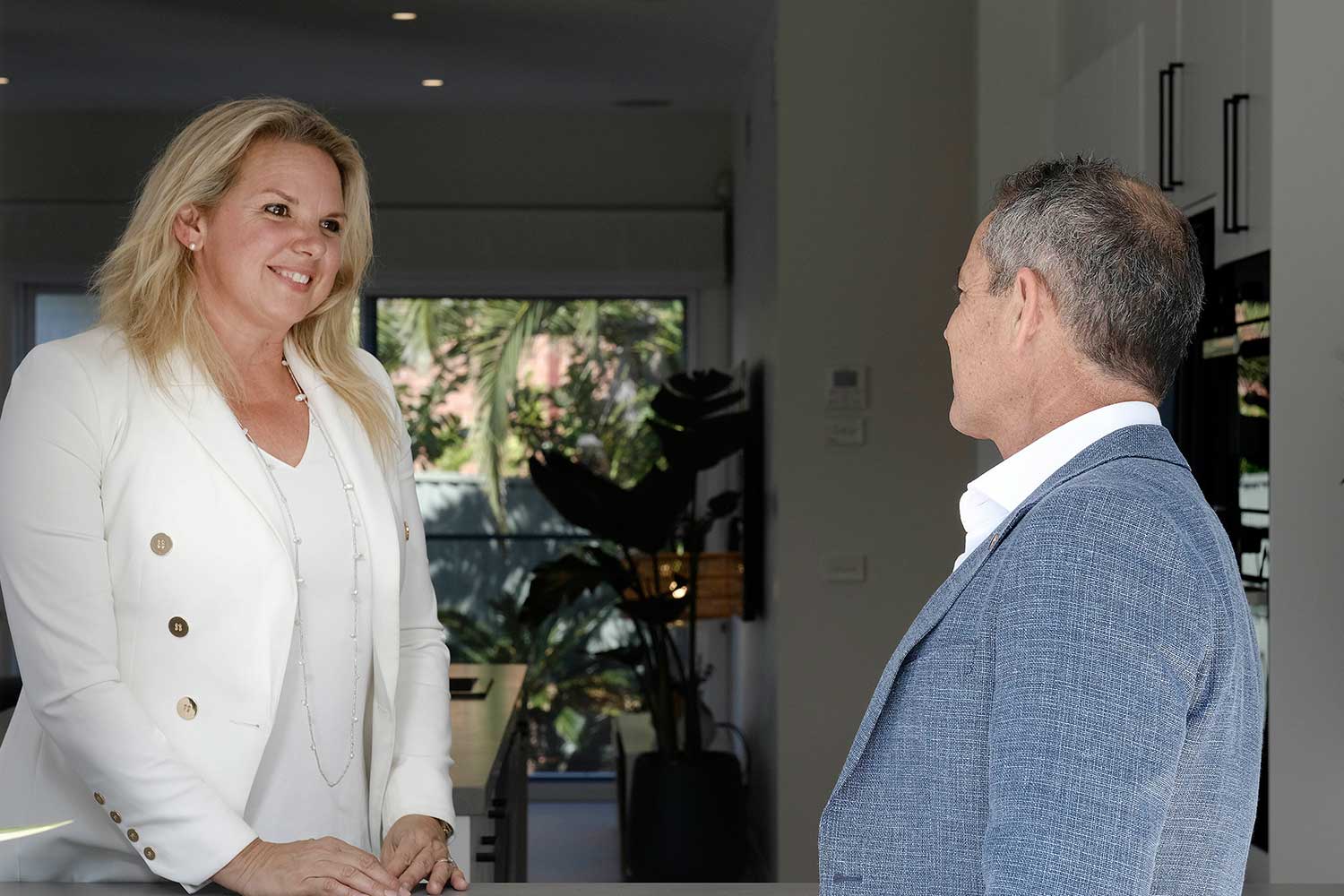The Amato Property Blog
Top 10 Problems with Property Investing
Whether you’re a seasoned property investor or just starting out, it’s important to be aware of the common problems that people so that you can take steps to avoid or overcome them.
Let’s take a look at the top 10 problems people face with property investing and the solutions to overcome them.

1. Lack of Knowledge and Experience
One of the biggest challenges that new property investors face is a lack of knowledge and experience. Investing in property requires a lot of research and understanding of the market, legal regulations, and financing options. Without proper education, it can be easy to make costly mistakes that can impact your financial future.
Invest in education and research before getting started with property investments. There are many resources available, such as books, online courses, and workshops, that can help you learn more about property investment. You can also seek advice from experienced investors or real estate professionals like buyers agents to gain insight into the industry.
2. Finding the Right Property
Finding the right property to invest in is a major challenge for many investors. With so many options available, it can be difficult to determine which property is the best fit for your investment goals and budget.
Conduct your research and develop a list of key features your property must have. You can engage a buyer’s agent who can help you find properties that meet your investment criteria. They can also provide valuable advice and insights into the local market to help you make informed investment decisions.
3. Financing and Mortgage Issues
Financing and mortgage issues can be a major roadblock for many property investors. Getting approved for a mortgage or finding alternative financing options can be challenging, especially for those with poor credit or limited assets.
Consider working with a financial advisor or mortgage broker who can help you find the best financing options for your investment goals.
4. Market Fluctuations
The property market is subject to fluctuations, and changes in the economy, interest rates, and other factors can impact the value of your property. This can make it difficult to predict the return on your investment and potentially result in financial losses.
Diversify your property portfolio by investing in different types of properties and markets to spread out your risk. Stay updated on market trends and changes that could impact your investment and adjust your strategy accordingly.
5. Property Maintenance Costs
Owning a property comes with the responsibility of maintaining and repairing it, and these costs can add up over time. This can make it difficult to balance rental income and expenses and maintain a positive cash flow.
Proper budgeting is key to effectively managing maintenance costs. Set aside a portion of your rental income for regular maintenance and repairs, and keep a contingency fund for unexpected expenses. Hiring a propertymanager can also help to reduce the burden of maintenance and repair tasks.
6. Finding and Retaining Tenants
Finding and retaining tenants can be a major challenge for property investors, especially if you have purchased in an area with high vacancy rates. Vacant properties result in lost rental income and can also impact the value of the property.
Low vacancy rates should be one of the key factors you look at before buying an investment property. If you have purchased in an area with high vacancy rates you may need to implement a competitive rental strategy to attract and retain tenants, such as offering competitive rent prices and flexible lease terms.
Regularly reviewing and adjusting your rental strategy can help you stay ahead of the competition and maintain a high occupancy rate.
7. Location and Zoning Regulations
Location and zoning regulations can impact the value and usability of a property, and it’s important to understand these regulations before investing. Zoning restrictions, for example, can dictate what type of development is allowed in a given area.
To stay updated on location and zoning regulations, regularly monitor government websites, network with industry professionals, attend local meetings, and consider hiring a consultant for insights and advice.
8. Legal Disputes with Tenants or Government
Legal disputes with tenants or government agencies can be costly and time-consuming, making it important to understand and comply with all relevant laws and regulations.
Seek professional legal advice to ensure that your investment is in compliance with all relevant laws and regulations. Regularly reviewing your property documents, contracts, and legal agreements can also help you avoid legal disputes and minimize the risk of costly legal battles.
9. Unforeseen Expenses
Owning a property comes with unexpected expenses, such as unexpected repairs, legal disputes, and other unexpected costs. These expenses can greatly impact your rental income and overall financial performance.
Set aside a portion of your rental income for a contingency fund to cover unexpected expenses. Regularly reviewing your financial performance and budgeting for unexpected costs can also help you minimize the impact of these expenses.
10. Balancing Rental Income and Expenses
Balancing rental income and expenses is key to ensuring a profitable property investment. High expenses can eat into rental income, reducing the financial performance of a property.
Regularly review and monitor expenses, such as property management fees, maintenance costs, and insurance premiums, to ensure that they are in line with rental income. Implementing a cost-saving strategy, such as negotiating better insurance rates, can help you balance rental income and expenses and maximize your financial return.
Final Thoughts
Property investment is a popular and potentially lucrative way to grow your wealth, but it’s not without its challenges.
Understanding the common problems that people face in the industry and taking steps to overcome them can help you make informed investment decisions and maximize your financial success.
Whether you’re a seasoned property investor or just starting out, it’s important to educate yourself, seek advice from experts, and implement a strategic investment plan to achieve your financial goals.
Contact Us
Want to know more about avoiding problems with property investing?
Disclaimer
Park Avenue Property Group, together with their directors, officers, employees and agents have used their best endeavours to ensure the information passed on in this document is accurate. However, you must make your own enquiries in relation to the information contained in this document and seek advice from your financial advisor, broker or accountant to ascertain its application to your circumstances.

Tony Amato
Tony purchased his first investment property in the early 90's in an inner city suburb of Sydney. He enjoyed a successful career in sales and marketing within the pharmaceutical industry where he was able to grow as a communicator and negotiator. His passion for property is matched by his wife, Sarah's, and together they have spent the last two decades buying, renovating and selling properties. His passion for property and serving others culminated in the founding of Amato Property, a buyers agency that treats its clients like family. With a history in real estate, sales, negotiating and small business, Tony has been able to apply his experience to deliver a truly unique buyers experience.
Free Consultation
Interested in having a chat? Book a Free Consultation with Amato Property today, your trusted Property Buyers Agent in Newcastle and Lake Macquarie.
